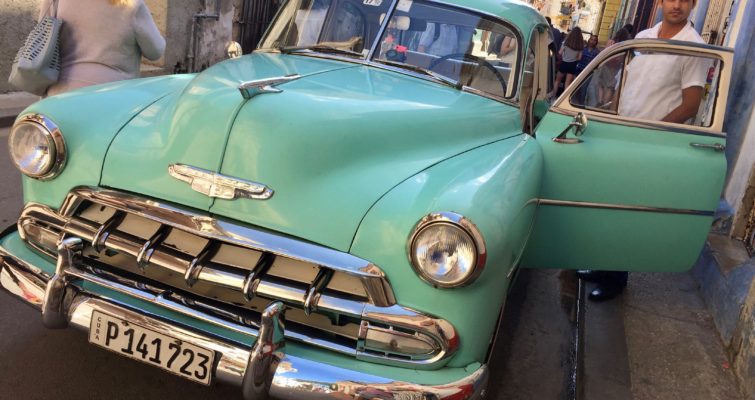
Cuba travel: What did Trump change on June 5, 2019?
Tl/dr: Cuba travel is still legal. My trips are still legal. Some things have changed, and some haven’t.
I was traveling earlier this month when, once again, the Trump administration changed the rules on Cuba travel.
Cruises to Cuba became illegal overnight. Hundreds of thousands of travelers had their cruises either rerouted to avoid Cuba or cancelled entirely. Voyages to Cuba by private boat or plane also became illegal. That change was simple and clear-cut.
The more complicated change, and the one I’ll focus on here, was the elimination of People-to-People trips. This was one of two major types of Cuba travel license available to the general public and the one used by most cruise and tour companies.
The other of these two major types is Support for the Cuban People. (I wrote a separate post explaining how the Support for the Cuban People category applies to my trips.) Apart from these two, all the other Cuba travel licenses aren’t available to the general public. They’re only for those visiting family in Cuba or those who have professional reasons to go.
The June 5th revision didn’t alter Support for the Cuban People, which is actually very similar to People-to-People. I’ll be abbreviating these two licenses as SFTCP and P2P.
What are People-to-People and Support for the Cuban People trips?
These two licenses are both intended to support U.S. foreign policy goals. The idea is, they authorize travel that influences Cuba’s development in directions the U.S. supports. For example, they both authorize travel that supports the Cuban people’s independence from state authority. And they’re both fairly flexible, so it’s not hard to travel in compliance with them… at least, not if you like cultural adventures. For example, supporting private businesses and independent community-based projects are easy ways to help Cubans be more independent and have an amazing time doing it!
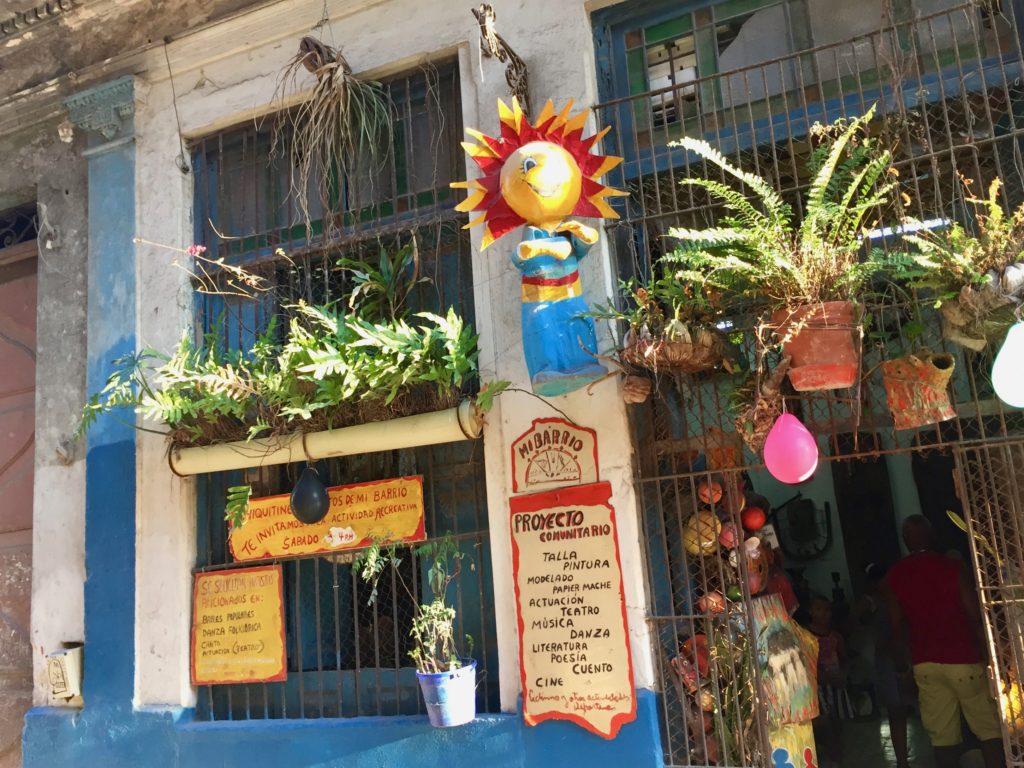
Now, the two categories overlap in key ways. They share a lot of the same language. And in fact, it looks to me like all travel formerly authorized under P2P is still authorized under SFTCP. I see other tour operators who read it the same way and have continued to operate their formerly-P2P trips under the SFTCP license without changing a thing.
This raises two questions: What’s really changed? And why?
What’s the difference?
The big difference I see between the two categories – P2P and SFTCP – is less in what they formally permit than in what they symbolize.
P2P was a category developed by the Obama administration. Eliminating that category is a symbolic rejection of Obama’s Cuba policy.
P2P is also the license traditionally used for large group travel. And in Cuba, all large group tours are operated by state-run tourism agencies. That means that your U.S.-based tour company has to contract with the Cuban inbound company. That Cuban company then organizes your program, provides state employees as your tour guide and driver, and leads you to spend money in state-run hotels, restaurants, and activities.
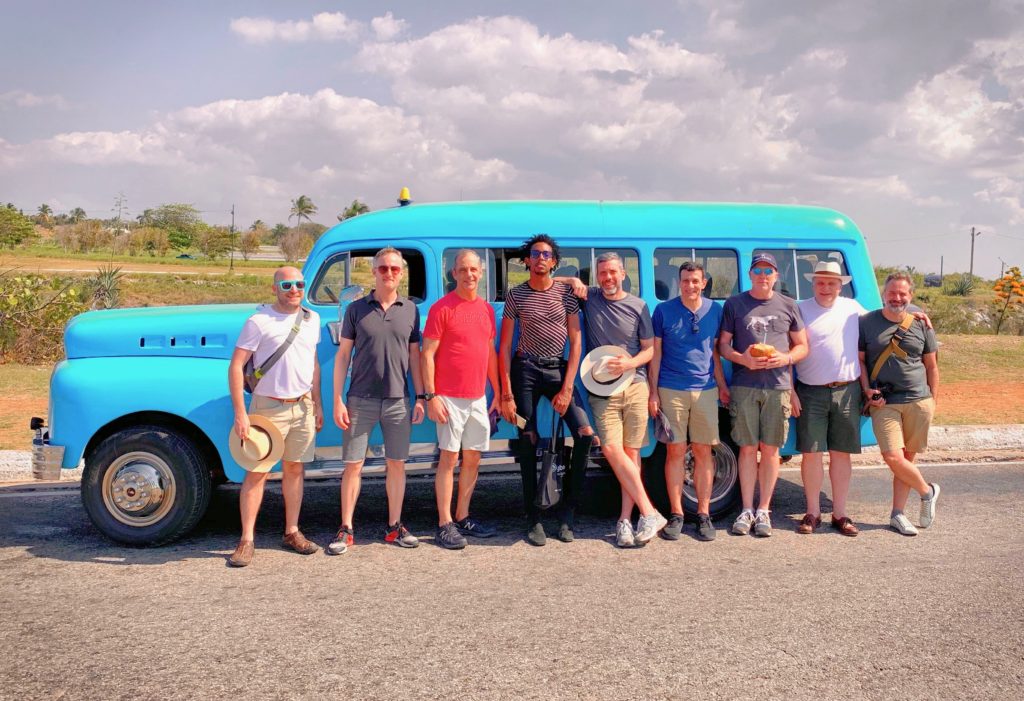
When a Trump administration official complained recently about “veiled tourism,” I think this is what he referred to: travel so much under the thumb of the Cuban government, it largely accomplishes their purposes rather than the U.S.’s.
The category’s name and definition also say something about its intention. P2P was defined as a type of educational travel. This suggests the primary intention is to edify us as travelers. And “people-to-people” suggests that change will happen through our engagement with Cuban people. This is certainly true, but it’s also a little touchy-feely.
On the other hand, SFTCP has historically been for those doing formal humanitarian work, human rights work, democracy-building work, etc. The Trump administration broadened it in 2017, such that any traveler can qualify. This category implies a primary focus not on us as travelers, but on Cuba and how our travel affects it. They’ve also offered examples of how to comply with this license, explicitly encouraging travelers to support Cuban private businesses.
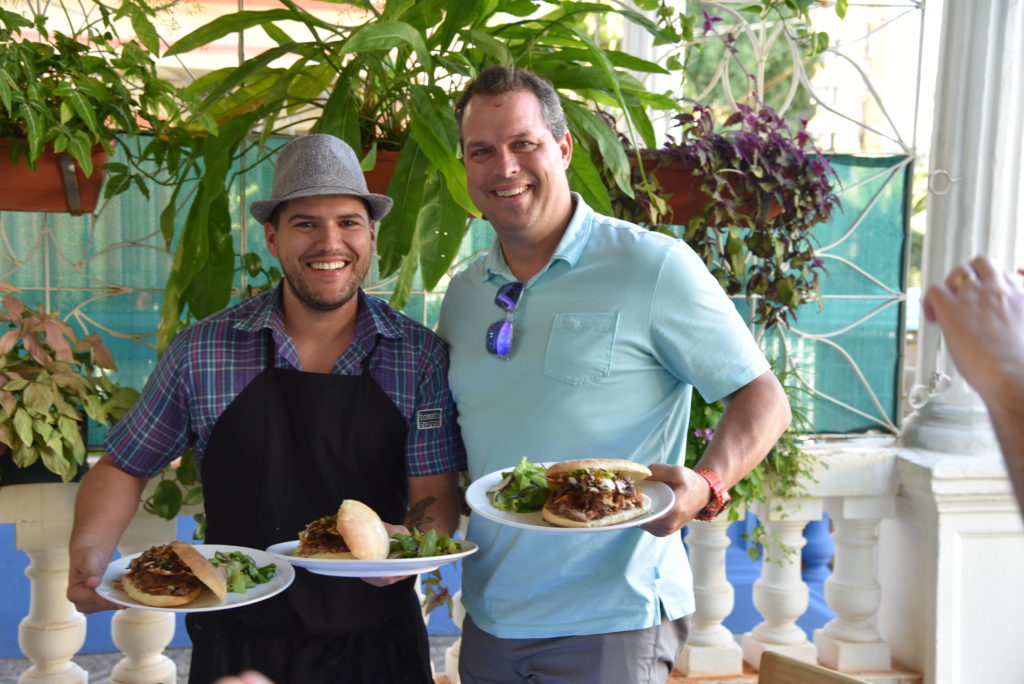
What do these changes mean?
Eliminating P2P and shifting to SPTCP means a few things. One is the symbolic rejection of Obama’s policies in favor of Trump’s, and of visits controlled by Cuba in favor of more independent travel. Another is the change in tone to focus more directly on how our visits affect Cuba, with specific encouragement to support the private sector.
Apart from that – at least on paper – these changes are meant to hurt the Cuban government but benefit the private sector. In reality, they’ve been disastrous for the private sector too, as the private sector did big business with cruise travelers. And while people can still go to Cuba under SFTCP, many Americans won’t realize that. Their big takeaway from these changes will be simple: “Looks like we can’t go to Cuba anymore.” This will put a huge dent in Cuba’s tourism.
But the intention is apparently to support entrepreneurs with their private businesses. Trump’s earlier changes, in November 2017, also targeted the government while aiming to support private businesses.
This gives us clues about what any future changes may look like. To be consistent with Trump’s other policy changes, any future changes should be aimed squarely at the Cuban government. And given their on-paper support for private business, I don’t expect them to prohibit the kind of travel that truly supports the private sector. So I predict that trips like mine, which genuinely support Cuban entrepreneurs and civil society, will continue to be legal for the duration of the Trump administration.
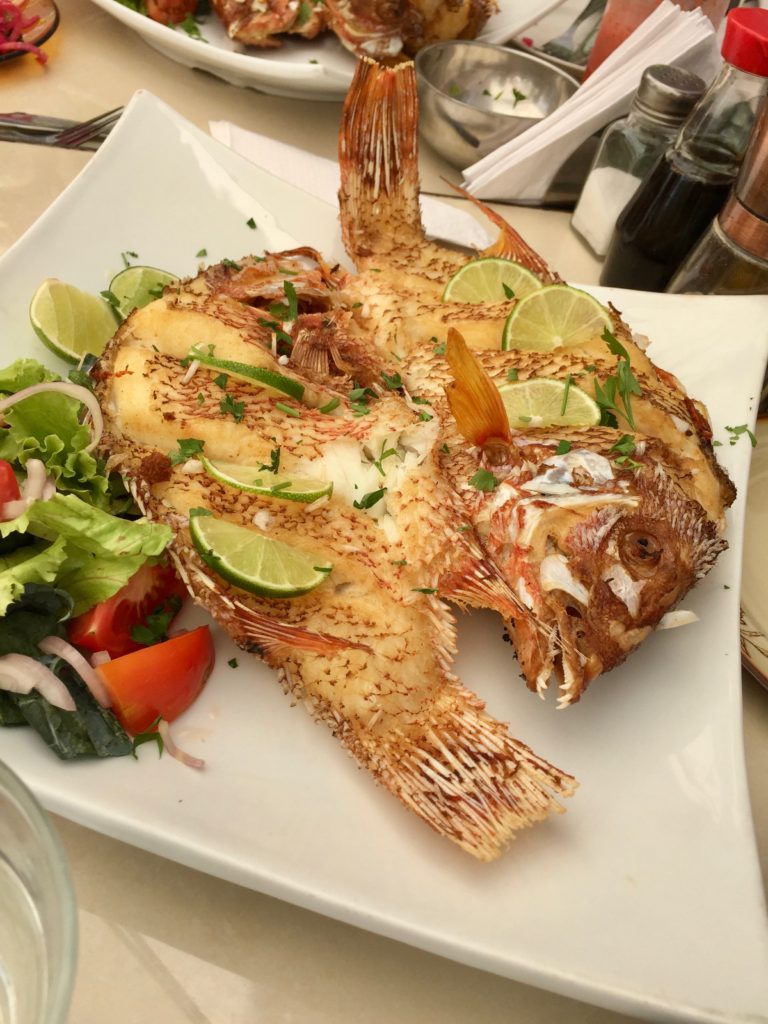
What do these changes not mean?
Reading the regulations closely, I don’t see that anything was authorized under P2P but not under SFTCP. So this will not affect the kind of trips I do… or what anyone was doing under People-to-People. As far as I can tell, all those trips are as legal as ever.
As always, I’m not a lawyer, and this is not legal advice!




Write Your Comment